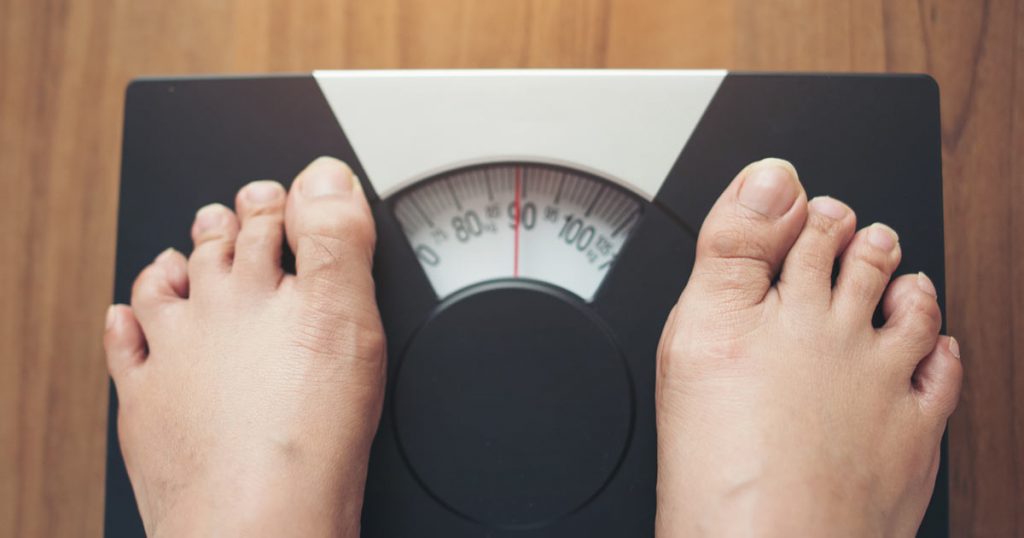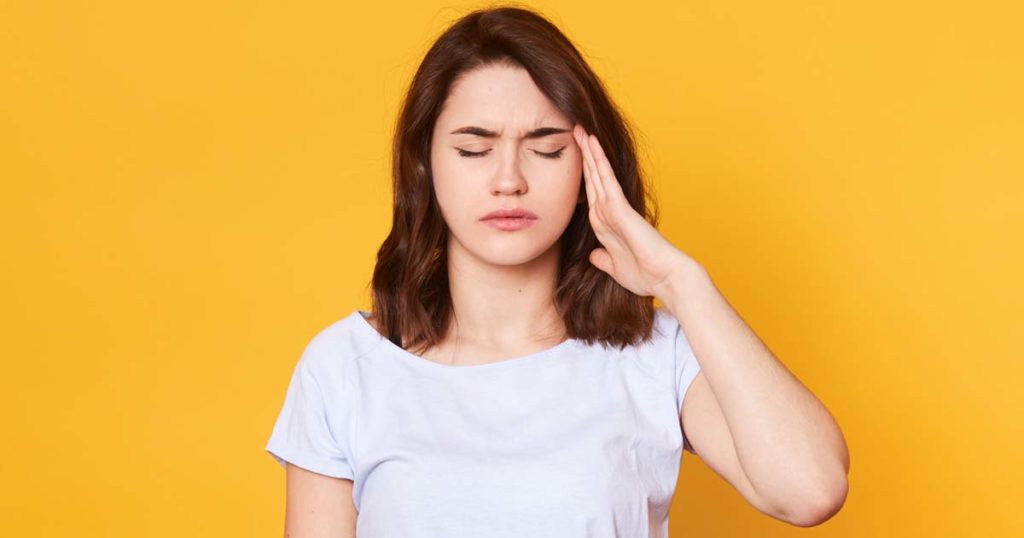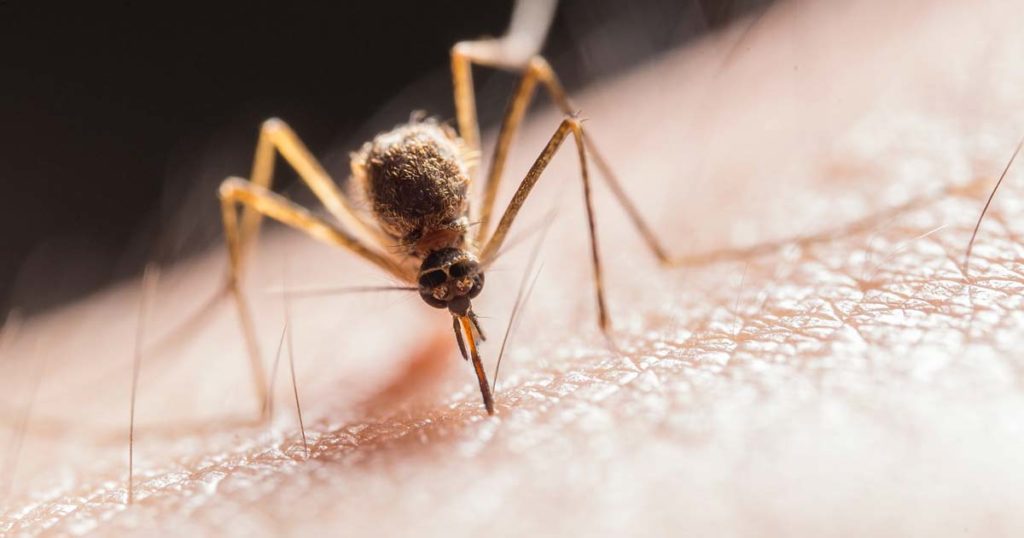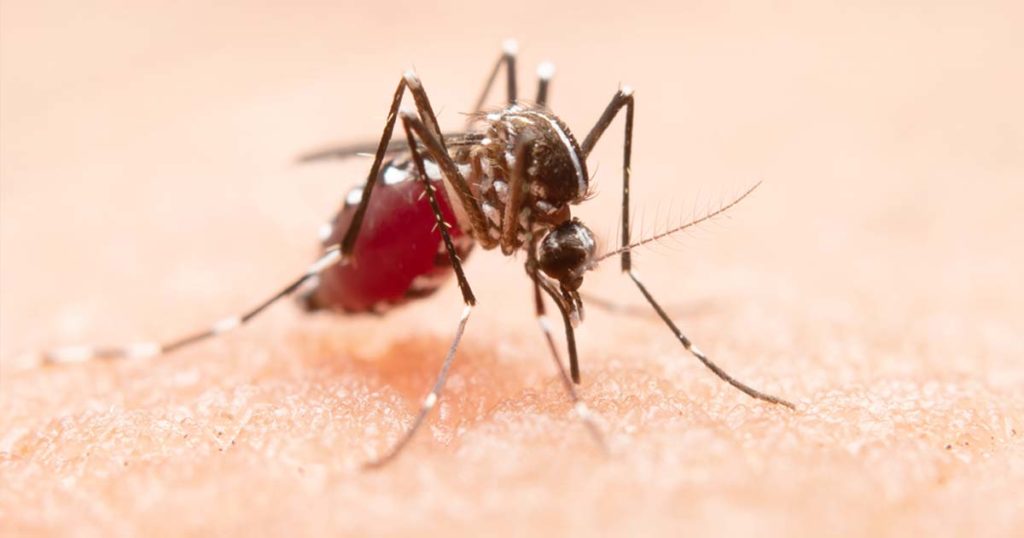You know the feeling: It’s 5 pm. You’re eons away from finishing a project at work, but you promised a friend you’d be at her birthday drinks by six. Meanwhile, you haven’t called your mum in weeks, and you can’t remember the last time you cooked a proper meal. Stressed? You don’t even have time to think about it.
But stress is just a part of everyday life, right?
Everybody — your mum, your boss, even your Pilates instructor — stresses. Depressing? Not always. Stress is the body’s natural response to external events, both pleasant (a first kiss) and not-so-pleasant (traffic jams). In small doses, stress provides a beneficial prod when we need to step up productivity, and studies indicate that a lack of stress hormones can make us susceptible to autoimmune diseases (such as arthritis).
So how does stress make us fat?
Our bodies are biologically programmed to put on weight when tension runs high. Here’s what happens: a stressful event occurs and it signals an ‘alarm’ in the brain, which sends us into fight-or-flight mode. As a result, the body releases stress hormones such as cortisol and adrenaline, which trigger carbohydrate cravings, increase blood sugar levels, and encourage the body to store fat as an energy reserve. “In the wild, we’d use those reserves to fight back or run away, but as we’re usually stuck behind a desk, in a car, or a supermarket queue when stress appears, we don’t utilize the energy and it accumulates — around our waist,” says nutritionist Kathleen Alleaume.
And weight gain isn’t the only side effect of stress. While the body diverts blood flow to large muscles needed to fight or flee, less blood flows to the digestive system and other, ‘less important’ organs, casing anything from sweating, nausea, and stomach cramps. “Eventually our bodies develop illnesses as a reaction to repeated stress, such as cardiovascular diseases, ulcers, diabetes, and chronic fatigue,” says Dori Wisniewski, Sydney psychologist and convener of Women in Psychology.
But don’t some people lose weight when they’re stressed?
While weight gain is a more common stress symptom, celebrities such as Nicole Richie and Angelina Jolie have both claimed the opposite. “I get really stressed out, and I do lose my appetite,” said Richie in defense of her super-skinny frame in 2006. And in June 2007, Jolie attributed her gaunt appearance to her grief at losing her mother to breast cancer. So, were they being honest? Quite possibly, says Alleaume. “While many people eat for comfort when they’re stressed, some people are completely turned off by the thought of food.”
Why? Apart from physical symptoms such as tummy-upsets, stress can also dull our enthusiasm, memory and decision-making abilities, which compromise our judgment when it comes to healthy eating. For example, someone may be so consumed with anxiety they forget to eat breakfast — and suddenly it’s dinner time and all they’ve ‘eaten’ is a latte.
How to get stress eating under control
Studies suggest up to 60 percent of anxiety-related personality traits are passed from parent to child. “You can’t change your genetic makeup, but you can change the way you deal with stress,” says Wisniewski. So if you know you’re prone to inhaling a packet of chips when the pressure’s on, here are a few tips to help you combat the urge.
Five ways to stress less
1. Eat breakfast
Studies have shown people who eat cereal for breakfast are less depressed and emotionally distressed than non-brekkie eaters. Why? Because cereal (and porridge and wholegrain toast) are fiber-rich ‘brain’ foods, that help you stay attentive and focused until lunchtime — no mid-morning muffin required.
2. Hit the treadmill
“Exercise is one of the best ways to shake off stress,” says Alleaume, who suggests heading to the gym at lunchtime, or popping out for a quick walk when you’re feeling pressured. “It’ll give you an endorphin boost to counteract the rise in cortisol levels,” she says.
3. Plan ahead Hectic day?
“Stash low-GI snacks such as almonds and bananas in your handbag,” suggests Wisniewski. Low-GI foods reduce insulin levels and help you burn more body fat. Almonds are rich in vitamin B2, which stimulates the production of serotonin, and bananas are a good source of potassium, which helps normalize your raging heartbeat, sends oxygen to the brain and regulates your body’s water balance. Vitamin B2 supplements will also do the job.
4. Ditch ‘fat’ habits
Cravings come in waves: they build, reach a peak, and crumble away. If you habitually deal with stress cravings by settling in with a family block of chocolate, acknowledge this behavior and try to change it. It’s thought the brain takes six to nine-month to ‘learn’ new habits, so start today. When a white-knuckle moment looms, drink a glass of water, ring a friend, or have a shower. By busying yourself with another activity, you won’t have the urge to ‘feed’ your craving, and it will subside.
5. Listen to your body
“If you find yourself craving pizza at 10 am, ask yourself ‘Am I really hungry or just stressed?'” says Alleaume. Even better, write it on a Post-it and stick it to the fridge. If you’re genuinely hungry, your stomach will growl, and you’ll feel light-headed, so if you can’t pin down why you’re hungry, chances are you’re not.
*National Mental Health Week 2007 takes place during October 7-13, with World Mental Health Day and National Stress Less Day falling on October 10.






